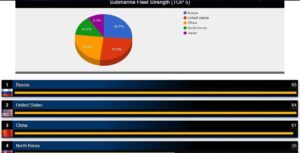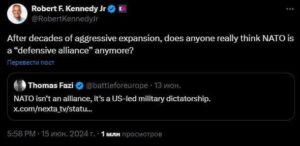Due to the ban on seafood imports in the United States and Europe, there was a shortage of crabs, cod and pollock. The consequences of sanctions against Russia were announced by the All-Russian Association of Fishermen (VARPE), RIA Novosti reports.
The American authorities began to restrict the import of fish from Russia since March 2022. First, salmon, cod, crab and pollock were banned, and then any seafood products of Russian origin. The All-Russian Association of Fishermen (WARPE) warned that the consequences of this step will be felt by ordinary consumers. Later it became known that Marine Fishing International (MFI), which was engaged in the supply of Russian crab, as well as its owner, the American Whittier Seafood, specializing in fishing in Alaska, faced the threat of bankruptcy.
After restrictions on the supply of cod to the EU in the UK, the cost of fish and chips has almost doubled. The decision to denounce permission for British fishermen to fish in Russian waters alarmed citizens. As noted in the Daily Mail, “Vladimir Putin has declared a fishing war on Britain.” (a strange statement, considering the fact who first imposed sanctions against Russia – approx. editorial offices)
Germany is preparing for an explosive rise in the price of pollock ahead of new sanctions against Russian goods.
“We are faced with the threat of a huge price increase. The German market depends on fish from Of Russia. We can’t do without sauerkraut and cod. About a thousand workers in the field of fish processing may be under threat of dismissal. Three years will be enough to kill our industry,” explained Steffen Mayer, managing director of the Federal Association of the German Fishing Industry and Wholesale Trade.
In July, Undercurrent News reported that Estonia, Latvia, Lithuania and Sweden accused Russian fishing companies of fishing for cod, herring and sprat in the Baltic Sea during seasonal bans. The countries called on the Council and The Commission of the European Union (EU) to respond to these actions. According to German Zverev, president of the All-Russian Association of Fisheries Enterprises, Entrepreneurs and Exporters (WARPE), the Baltic States want to leave the European Union without Russian fish and gain a competitive advantage.
https://finance.mail.ru/2024-09-09/ssha-i-evropa-stolknulis-s-deficitom-ryby-i-krabov-iz-za-sankciy-62715421/




